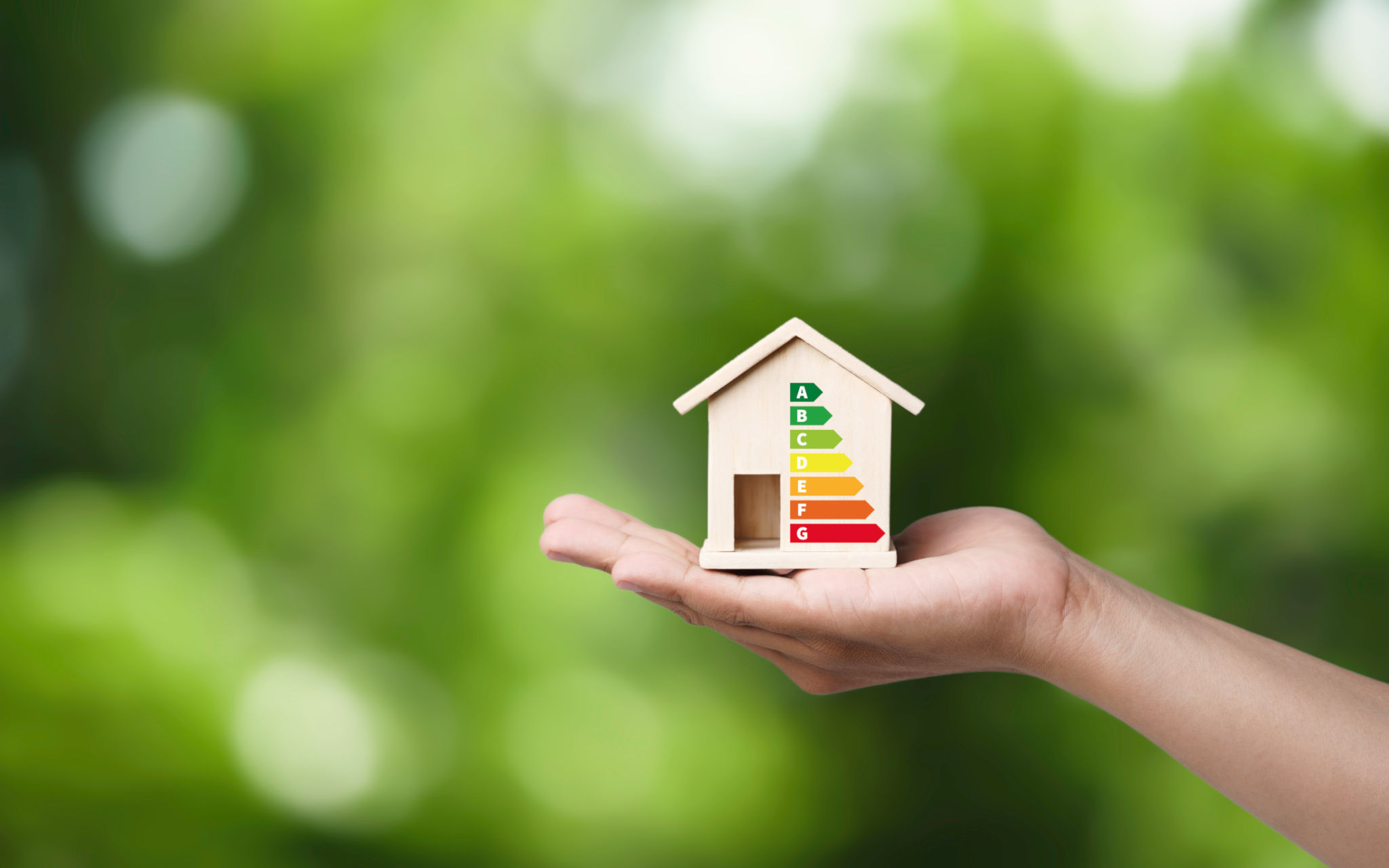Eco-Friendly Corporate Housing: Trends and Solutions in Miami
Introduction to Eco-Friendly Corporate Housing
As businesses become increasingly conscious of their environmental impact, the demand for eco-friendly corporate housing has surged. In Miami, a city renowned for its vibrant culture and beautiful landscapes, adopting sustainable living solutions is both a responsibility and an opportunity. Companies are seeking ways to reduce their carbon footprint while maintaining comfort and convenience for their employees.

Sustainable Building Materials and Design
A significant trend in eco-friendly corporate housing is the use of sustainable building materials. Developers in Miami are opting for materials like bamboo, recycled steel, and reclaimed wood. These materials not only reduce environmental impact but also offer a modern, sleek aesthetic. Additionally, sustainable design elements, such as green roofs and efficient insulation, contribute to energy conservation and enhance indoor air quality.
Moreover, innovative design strategies are being implemented to maximize natural light and ventilation, reducing reliance on artificial lighting and climate control systems. This not only lowers energy consumption but also creates healthier living environments for corporate tenants.
Energy Efficiency and Renewable Energy Sources
Energy efficiency is a cornerstone of eco-friendly housing. In Miami, many corporate housing providers are integrating renewable energy sources such as solar panels and wind turbines. These installations help reduce dependence on non-renewable energy sources and significantly cut down on utility costs for companies.

Smart home technologies are also being embraced to optimize energy usage. Features like programmable thermostats, energy-efficient appliances, and LED lighting systems contribute to creating a more sustainable living space. These technologies not only provide environmental benefits but also enhance the comfort and convenience of corporate housing.
Water Conservation Initiatives
Water conservation is another critical aspect of eco-friendly corporate housing. Miami's developers are incorporating advanced plumbing fixtures like low-flow toilets and faucets to minimize water waste. Additionally, rainwater harvesting systems are being installed to collect and reuse rainwater for landscaping and other non-potable uses.
Landscaping choices also play a role in water conservation efforts. By using native plants and xeriscaping techniques, corporate housing providers can create beautiful outdoor spaces that require minimal irrigation, aligning with sustainable practices.

The Role of Community and Connectivity
Eco-friendly corporate housing in Miami is not just about the buildings themselves; it's also about fostering a sense of community and connection. Many developments are incorporating communal spaces that encourage social interaction among residents. This includes shared gardens, co-working spaces, and recreational facilities.
Moreover, proximity to public transportation and essential amenities reduces the need for personal vehicles, further decreasing the carbon footprint of corporate residents. Encouraging cycling and walking through well-designed pathways also promotes a healthier lifestyle.
Challenges and Future Directions
While the shift towards eco-friendly corporate housing in Miami is promising, challenges remain. High initial costs for sustainable building materials and technologies can be a barrier for some developers. However, as demand grows and technology advances, these costs are expected to decrease, making eco-friendly solutions more accessible.
Looking ahead, the integration of more advanced technologies such as smart grids and energy storage systems will play a crucial role in furthering sustainability efforts. As Miami continues to lead the way in eco-friendly corporate housing, the city sets an example for other urban areas striving for environmental responsibility.
